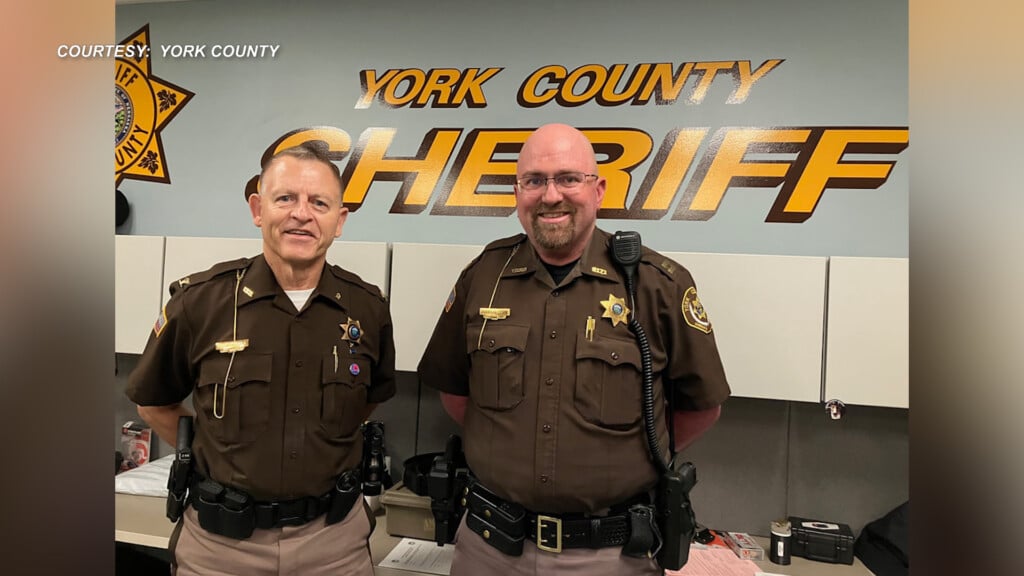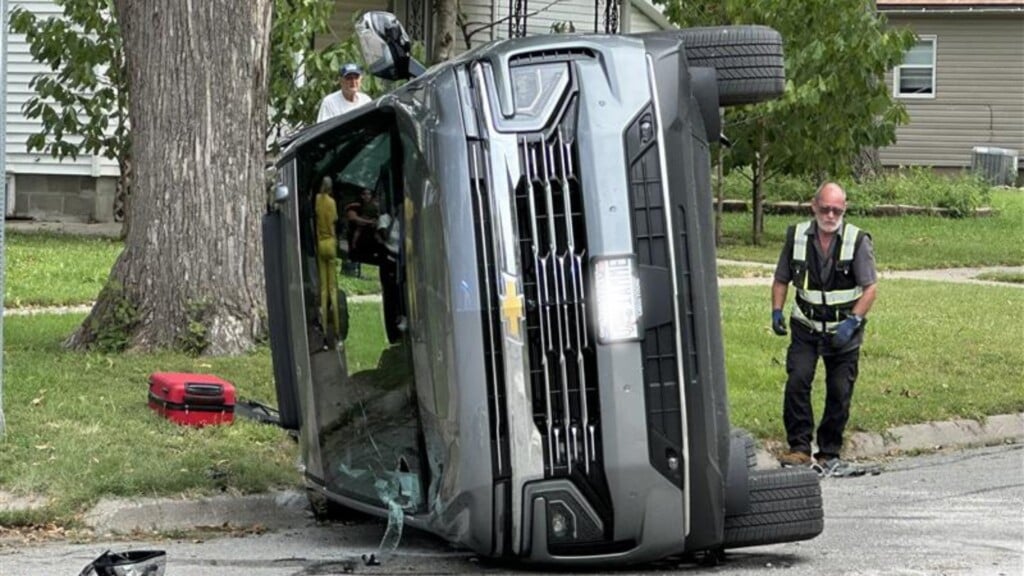Rural Nebraska schools implement mental health services

Growing up can be tough for kids. They experience pressure in school, extracurricular activities, or even have trouble learning due to some past trauma.
In fact, 1 in 5 adolescents has a mental health issue. The problem is, many of them do not have a safe space to talk about it, especially in rural schools, where mental health services are limited, and a private therapist could be up to an hour’s drive away.
At Tri County Schools, they’ve always prided themselves on their close-knit student culture.
However, Superintendent Randy Schlueter noticed something was lacking.
“Several years ago I began to notice a change in students, student culture within the building,” Schlueter said.
Students noticed the feeling, too.
“You could just tell there was like this haze over the school, people were just kind of mellow, they didn’t want to be here, and it was hard for them to come to school each day,” said senior Creighton Niemeyer.
That’s when the school decided to make a change, and partner with their Educational Service Unit (ESU 5) to bring mental health services directly into the school.
Jen McNally is a licensed psychotherapist. She and her team spend time at seven of the ten schools in ESU 5: Southern, Diller-Odell, Bruning-Davenport, Thayer Central, Beatrice, Freeman, and Tri County.
“We know that healthy kids are healthy learners, and we know kids are 8 times more likely to seek out mental health services if they’re in the school system,” McNally said.
For her, being in the school two days a week has proven more effective than a typical therapy session. She’s able to just listen if a student has something weighing on them, or engage in regular sessions with parent approval if needed. If she has a tough session with a student, she’s then able to check in on them throughout the day.
Students say they’ve noticed a big change in the overall environment of the school ever since McNally arrived.
Senior Madison Freese says the approach on mental health issues has helped de-stigmatize them, making it a more acceptable thing to talk about.
“It doesn’t just go for my class, it goes for all the classes and even the junior high, that it’s okay to talk about it, and it’s okay to have feelings, and it’s okay to be able to express them,” Freese said.
It’s not just the students who benefit from this program’s techniques.
Amy Wallman has been a teacher at Tri County for more than 30 years. She says the self-care strategies McNally practices with the staff have made her view her job differently, and make her wish she’d had them sooner.
“We say to our kids, mistakes are a great opportunity to learn, but sometimes as teachers we don’t give ourselves those mistakes…cutting myself some slack, trying to build that positive environment would have been wonderful,” Wallman said.
Now, the hope is this program will spread to more rural schools.
Although it does come at a cost, which is split between the school and its respective ESU, educators say it’s worth the investment.
“That’s our job, that’s our responsibility – we invest in kids,” Superintendent Schlueter said.
These programs are not meant to be a permanent fix. McNally says they’re just in place long enough to give schools the tool they need in order to recognize when a student may need help with their social, emotional, or mental health.
You can find more information on these services and what they provide here.



